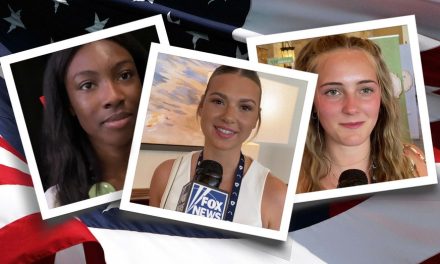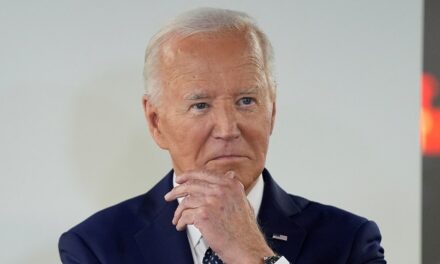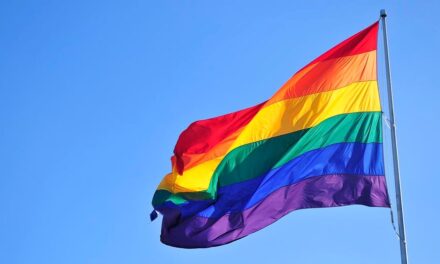The political landscape of Minneapolis is buzzing as the Democratic-Farmer-Labor (DFL) Party has officially endorsed Omar Fateh in the race for mayor. This significant development has led to widespread speculation about Fateh’s potential candidacy and whether he might follow in the footsteps of his fellow DFL member, Mohamud Mamdani, who has garnered considerable attention due to his progressive platform and community-driven approach.
As the endorsement was announced, analysts and political commentators took to social media and news outlets to share their views on what this means for Minneapolis’s mayoral election. The DFL’s choice to back Fateh comes at a time when the city is navigating various challenges, including social justice issues and public safety concerns that have come to the forefront in the wake of transformative events over the past few years.
Omar Fateh, a current state representative, is known for his advocacy in multiple areas, including education, healthcare, and housing. His ability to connect with constituents, particularly the younger demographic and communities of color, has set him apart from other candidates in the race. The DFL’s endorsement could give him the advantage he needs to rally more support as the election date approaches.
However, some critics have raised concerns about whether Fateh will be able to live up to the high expectations set by Mamdani’s campaign. Mamdani, who made headlines with his grassroots efforts and coalition-building strategies, represents a new generation of leadership in Minneapolis. The narrative surrounding Mamdani’s candidacy was notably focused on a breakdown of traditional political barriers. Observers now wonder if Fateh can capture the same energy and support that Mamdani did during his campaign.
Fateh has been a visible presence in the Minnesota legislature since being elected in 2020. His progressive stance resonates with many individuals seeking change, but some question if he can maintain a broad appeal across the city’s diverse political spectrum. In many ways, this election represents a referendum on the DFL’s strategy of nurturing younger, more progressive candidates to tackle longstanding issues faced by Minneapolis residents.
Supporters love Fateh’s vision for a more inclusive and equitable Minneapolis. His campaign platform emphasizes public safety reforms, affordable housing, and increased support for small businesses, particularly those owned by immigrants and people of color. Given the city’s recent tumultuous history, including protests and calls for police reform, his approach will be keenly scrutinized as voters consider the best path forward.
The DFL endorsement signifies not only support for Fateh but also a commitment to maintain a progressive path for the city. DFL party members are banking on Fateh’s ability to carry the party’s banner effectively throughout this election cycle. Many party stalwarts believe that a candidate like Fateh can energize new voters and solidify the DFL’s presence in Minneapolis for years to come.
Despite the enthusiasm around his campaign, it is vital for Fateh to differentiate himself from Mamdani’s style and address the unique challenges Minneapolis faces. The echoes of Mamdani’s approach to campaigning still linger in the minds of voters who supported him vigorously. If Fateh wants to succeed, he must ensure that he honors those ideals while also presenting his authentic voice and perspective on Minneapolis’s future.
Furthermore, the media plays an essential role in this narrative-making process. The Star Tribune’s coverage of the DFL’s endorsement of Fateh is indicative of how the press can shape public perception of candidates in such crucial races. Early endorsements carry significant weight, often setting the tone for the campaigns to follow. The editorial sections and political commentary coming from outlets like the Star Tribune will likely influence how residents view Fateh and his campaign strategy moving forward.
As Minneapolis moves closer to the election, Fateh’s campaign will likely ramp up efforts to engage with a broader range of voters. Engaging in town halls, forums, and community meetings will be crucial for him to understand the evolving landscape of issues that residents face. By doing so, he can build a coalitional base that transcends traditional voting blocs, resulting in a more inclusive campaign that can mirror the diverse fabric of Minneapolis.
As the stakes become increasingly high, fellow candidates in the race must also prepare for the spotlight. Fateh’s endorsement by the DFL may present challenges for other contenders as they work to carve out a unique platform amidst the backdrop of his support. The dynamics of the race will likely shift as candidates reassess their strategies in relation to Fateh’s growing popularity and the DFL’s backing.
Looking ahead, the implications of the DFL endorsement for the Minneapolis mayoral race reach far beyond just individual candidates. This election serves as a critical juncture for the city, reflecting broader national conversations about governance, diversity, and the future of urban communities in America. How candidates articulate their visions and connect with constituents will shape not only their campaigns but also the overarching political landscape within Minneapolis.
In conclusion, the DFL’s endorsement of Omar Fateh adds another layer of complexity to the Minneapolis mayoral election narrative, raising questions about his potential to mirror the successes of candidates like Mohamud Mamdani. As fate has it, voters will ultimately decide whether Fateh’s vision resonates enough to secure him the mayoral seat or whether the essence of a new wave of leadership redefined by Mamdani’s campaign will continue to capture the hearts and minds of Minneapolis residents. The race ahead promises to be exciting and full of transformative possibilities for a city eager to address its challenges.
































